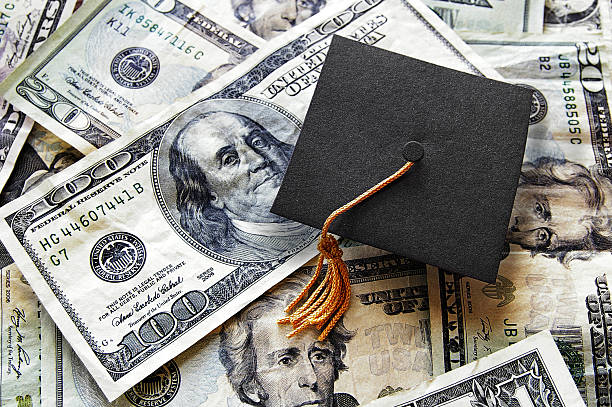By Mrs. B Finesse, M.S.

The experience of being a millennial for me, has been a great journey. I was afforded the opportunity to attend and also complete my educational goals. Sadly, I do know a lot that did not. As millennials strive for financial stability, the correlation between education and wealth is a complex interplay worth exploring. While education undeniably opens doors to opportunities and higher-paying jobs, the equation of more education equals more wealth isn’t always straightforward. Rising student debt levels and the shifting job market dynamics have created a challenging landscape where traditional educational pathways don’t always guarantee financial prosperity.
Moreover, the digital age has ushered in a new era where skills and adaptability often outweigh traditional degrees. The rapid evolution of technology has transformed industries, creating a demand for specialized skills that traditional education systems may not always provide. This shift highlights the importance of continuous learning and upskilling to remain competitive in a fast-paced job market, where agility and versatility are prized assets.
In the quest for financial security, millennials are confronted with a dual challenge – balancing the pursuit of education with the practicalities of building wealth. Navigating this delicate equilibrium requires a nuanced approach that incorporates financial literacy, strategic career choices, and a keen understanding of evolving market trends. As millennials chart their financial journey, the intersection of education, wealth, and adaptability emerges as a pivotal point for consideration in shaping a resilient financial future.
In the current financial landscape, experts emphasize the importance of building a robust contingency fund, with recommendations suggesting storing at least three months’ worth of expenses. Over the past five years, searches related to financial planning have shown a consistent upward trend, indicating a growing awareness of the need for financial preparedness.
A significant aspect to consider is that the millennial generation entered adulthood during the tumultuous era of the Great Recession. Statistics reveal a stark reality – in the aftermath of the recession, the average millennial family saw a staggering 45% decline in wealth. What’s more concerning is that this wealth disparity continued to widen from 2010 to 2016, painting a challenging financial outlook for many millennials.
While there are concerns about millennials being labeled a “lost generation” in terms of wealth accumulation, there is a glimmer of hope in the realm of education. Some experts suggest that the emphasis on education within this generation could serve as a beacon of light, potentially paving the way for a brighter financial future.
As an experienced educator of over a decade who has worked helping with so many individuals and families find options to educational paths. I understand that all need education. But the caveat is there are so many avenues to get a great education for a feasible price without going into debt.
Embrace the Millennial Finesse Mindset by being grateful, a proactive planner, taking control of your finances and focusing on Faithfully Innovating, Inspiring others, being Naturally Effective, and Seek Success Everyday!
In a world where financial challenges and generational disparities intersect, how can millennials navigate the path to financial stability and prosperity? Comment your thoughts below.
Sources:
- CNBC – “Why Millennials Are Facing the Scariest Financial Future of Any Generation Since the Great Depression”
- Forbes – “The Millennial Wealth Gap Widens: A Look at the Generational Wealth Divide”
- The Atlantic – “The Lost Generation: The Economic Challenges of Millennials”
